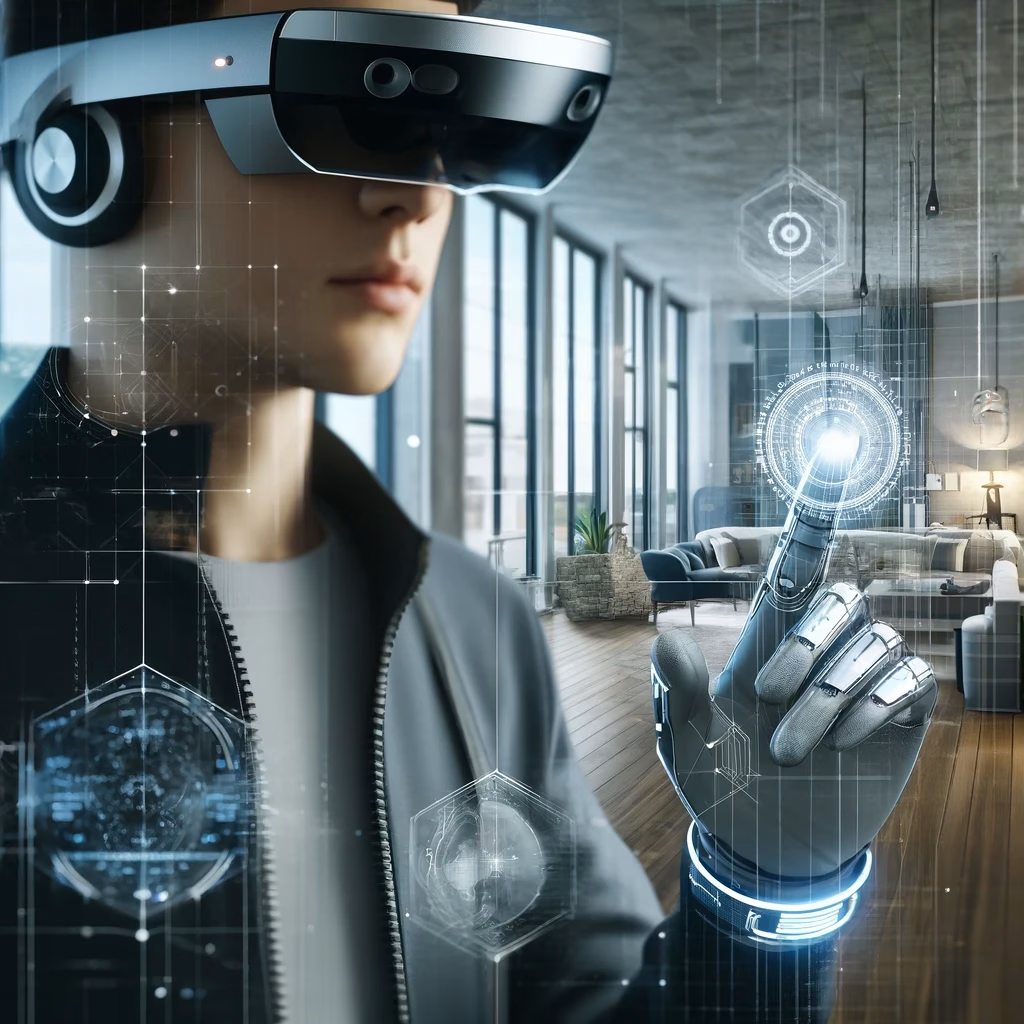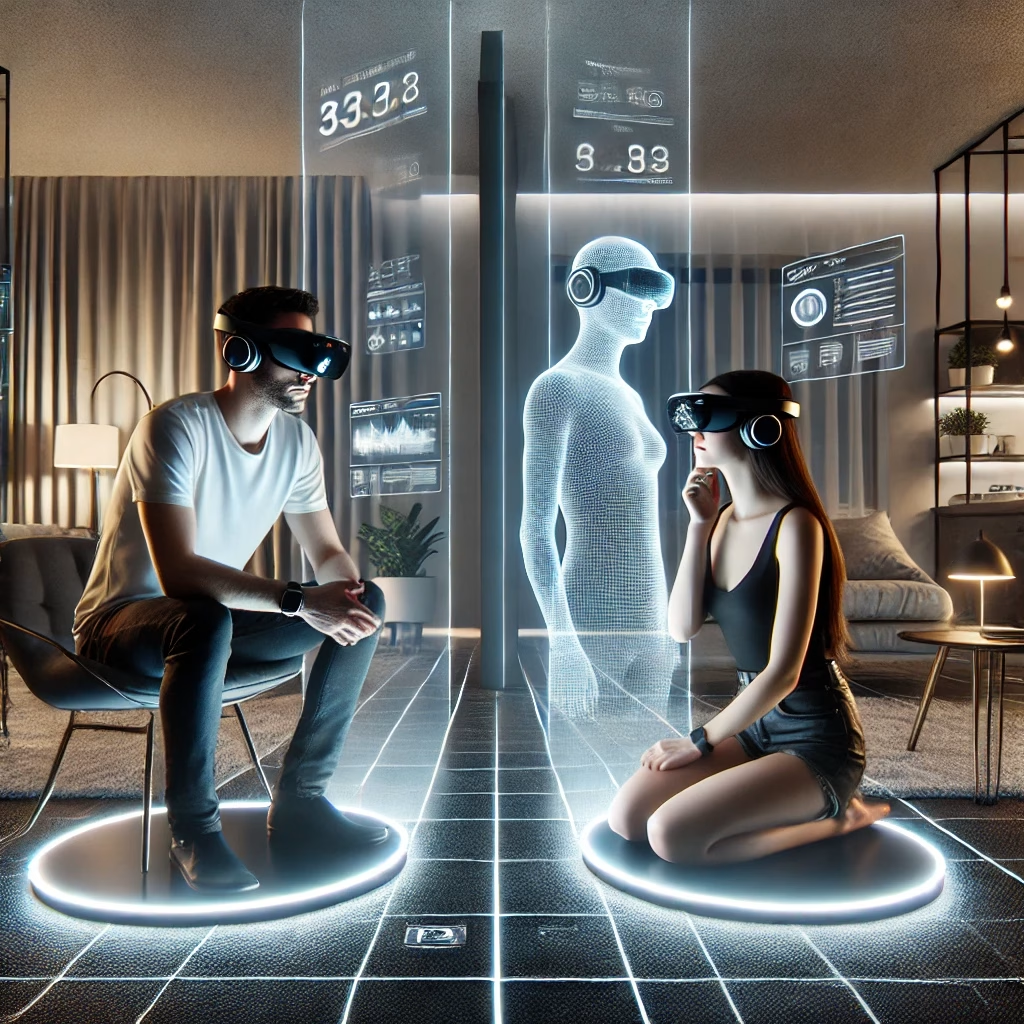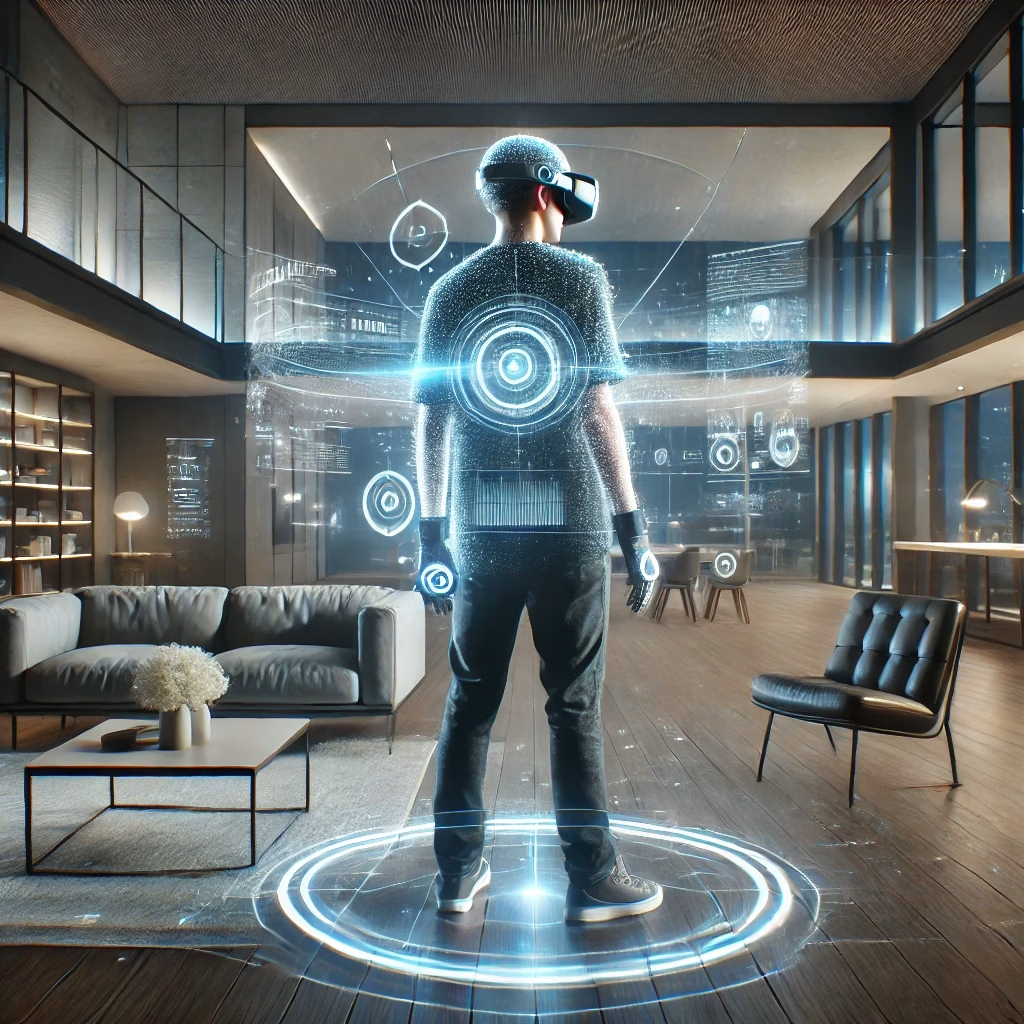
In today’s fast-paced, tech-driven world, digital culture is more than just a buzzword—it’s a powerful force shaping how we live, work, communicate, and even think. But what exactly is digital culture, and how is it influencing modern society? Let’s explore.
What is Digital Culture?
Digital culture refers to the way technology and the internet shape our daily lives, interactions, and values. It includes:
- Online communities and social media
- Digital communication (texting, emails, video calls)
- Content creation and sharing (blogs, vlogs, memes)
- Virtual environments (gaming, VR, metaverse)
- Data sharing and privacy norms
In essence, digital culture is the collective behavior, ideas, and social norms that have emerged from our use of digital technologies.
How Digital Culture Shapes Society

Digital culture has permeated every corner of society, from personal relationships to global politics. Here are some key areas where its impact is most evident:
1. Communication and Relationships
Platforms like Facebook, Instagram, TikTok, and WhatsApp have transformed how we connect. While these tools make long-distance communication easier, they also:
- Redefine social norms (e.g., liking posts = showing support)
- Blur boundaries between public and private life
- Encourage real-time sharing and instant feedback
#DigitalRelationships
#SocialMediaLife
Relevant link: https://www.pewresearch.org/internet/
2. Work and Business
Remote work, e-commerce, and digital marketing have become the norm. Companies rely on tools like Zoom, Slack, and AI-powered platforms to function efficiently.
- Flexible work hours and locations
- Greater global collaboration
- Rise of digital nomads and gig economy
#RemoteWork
#DigitalTransformation
Relevant link: https://www.weforum.org/agenda/archive/future-of-work/
3. Education and Learning
Digital culture has democratized education. Platforms like Coursera, Khan Academy, and YouTube make learning accessible to all.
- Online courses and certifications
- Interactive, multimedia content
- Lifelong learning trends
#EdTech
#DigitalLearning
Relevant link: https://www.edx.org/
4. Entertainment and Creativity
From streaming on Netflix to creating TikTok dance videos, digital platforms empower users to be both consumers and creators.
- Short-form video content boom
- User-generated content
- Influencer culture
#DigitalCreativity
#StreamingCulture
Relevant link: https://www.statista.com/topics/1145/social-media-usage-worldwide/
5. Politics and Activism
Social media plays a critical role in activism, political movements, and public discourse. Hashtags like #BlackLivesMatter and #MeToo have gone global.
- Increased civic engagement
- Grassroots organization
- Real-time news and misinformation
#DigitalActivism
#OnlineAdvocacy
Relevant link: https://www.un.org/en/global-issues/freedom-of-expression
Pros of Digital Culture
- Accessibility: More people have access to information, education, and opportunity.
- Convenience: Services like online shopping, banking, and telemedicine simplify life.
- Connectivity: Keeps people in touch globally, fostering friendships and professional relationships.
- Creativity: Encourages self-expression through various digital mediums.
Cons of Digital Culture
- Privacy concerns: Constant data sharing can compromise personal security.
- Addiction and screen time: Excessive use leads to mental and physical health issues.
- Misinformation: Fake news spreads rapidly online.
- Cultural homogenization: Global trends can overshadow local cultures.
#DigitalWellness
#OnlineSafety
Relevant link: https://www.commonsensemedia.org/
Digital Culture and Future Trends
As technology evolves, so will our digital culture. Key trends to watch include:
- Artificial Intelligence (AI): Personalized experiences, predictive algorithms.
- Virtual Reality (VR) and Augmented Reality (AR): New ways to interact and learn.
- Blockchain and NFTs: Revolutionizing ownership and digital assets.
- Metaverse: A shared, immersive virtual world for work, play, and socializing.
#FutureTech
#AIRevolution
Relevant link: https://www.mckinsey.com/business-functions/mckinsey-digital
How to Thrive in a Digital Culture
- Stay informed: Follow credible sources and update your digital literacy.
- Set boundaries: Take breaks from screens and unplug regularly.
- Engage responsibly: Think before you post. Respect privacy and facts.
- Embrace lifelong learning: Technology changes fast; keep up with skills and trends.
- Support digital equity: Advocate for access and inclusion in underserved communities.
#DigitalLifeBalance
#SmartOnlineHabits
Final Thoughts

Digital culture is a double-edged sword. It connects us, informs us, and empowers creativity, but it also demands responsibility and awareness. As we continue to evolve in this digital age, let’s embrace the best of what it offers while being mindful of its challenges.
Share this article if you found it insightful!
#DigitalCulture
#ModernSociety
#TechAndLife
#StayInformed
For more updates on digital culture and tech trends, follow https://www.techcrunch.com and https://www.wired.com.














